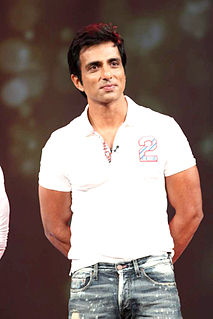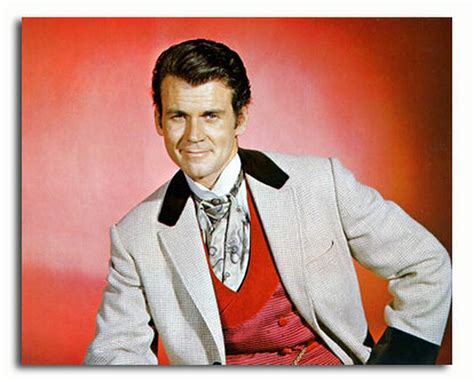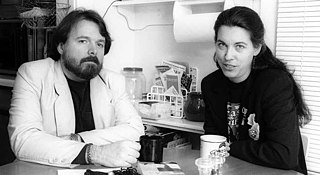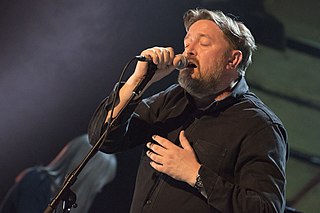A Quote by Peter Morgan
Everything I write, I've written the first draft in Austria.
Related Quotes
It can take years. With the first draft, I just write everything. With the second draft, it becomes so depressing for me, because I realize that I was fooled into thinking I'd written the story. I hadn't-I had just typed for a long time. So then I have to carve out a story from the 25 or so pages. It's in there somewhere-but I have to find it. I'll then write a third, fourth, and fifth draft, and so on.
I'm not typing. I write only by longhand. I've always written first drafts by hand and then once I was into a second or third draft I wrote insert pages on a typewriter. But I got rid of all my typewriters about three or four novels ago and now I do everything by hand. I write by hand because it makes me go slow and going slow is what I like.
The longer I write, the more important I believe it is to write the first draft as fast as possible. In drafting, I push myself so I am at the edge of discomfort...Later, it will be time for consideration and reconsideration, slow, careful revision and editing. But on the first draft I have to achieve velocity, just as you do if you want the bike to balance.
After finishing the first draft, I work for as long as it takes (for two or three weeks, most often) to rework that first draft on a computer. Usually that involves expansion: filling in and adding to, but trying not to lose the spontaneous, direct sound. I use that first draft as a touchstone to make sure everything else in that section has the same sound, the same tone and impression of spontaneity.
The best advice on writing was given to me by my first editor, Michael Korda, of Simon and Schuster, while writing my first book. 'Finish your first draft and then we'll talk,' he said. It took me a long time to realize how good the advice was. Even if you write it wrong, write and finish your first draft. Only then, when you have a flawed whole, do you know what you have to fix.





































